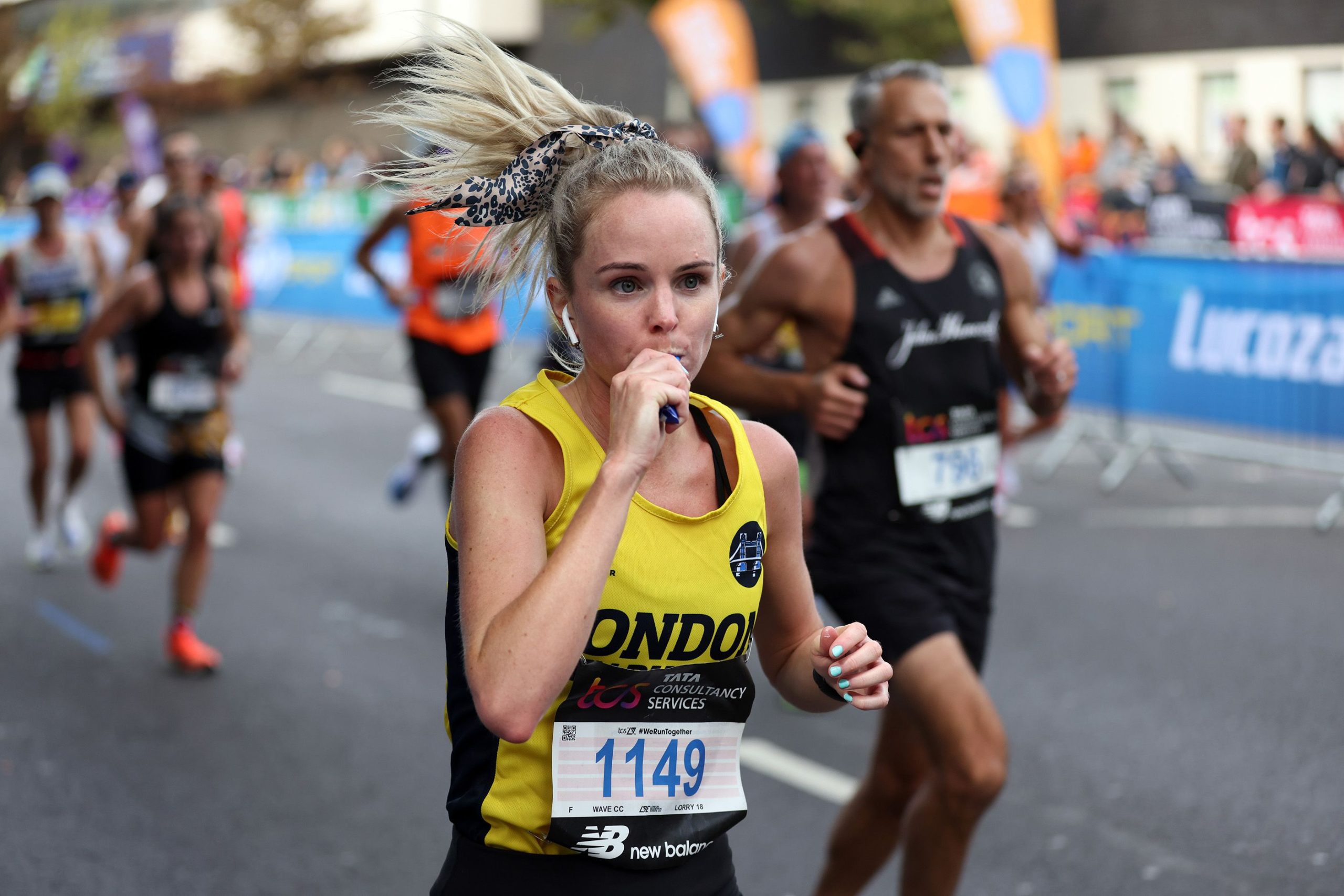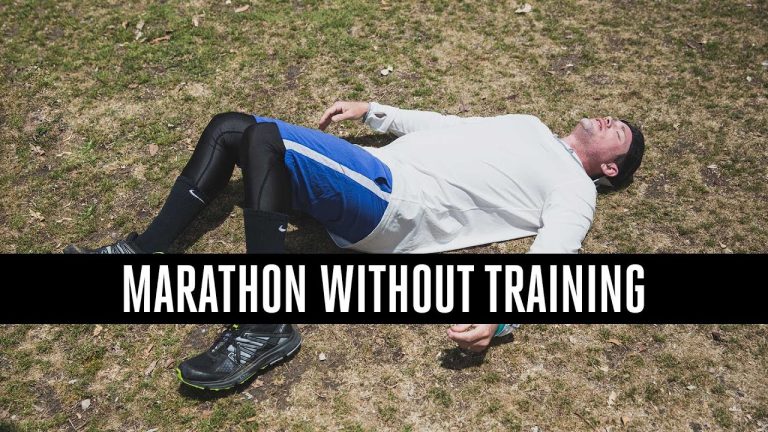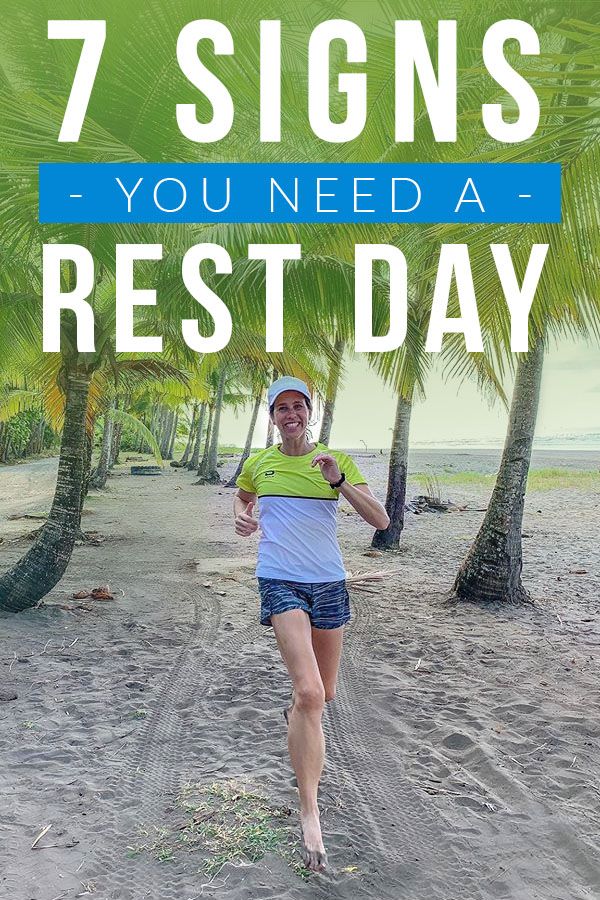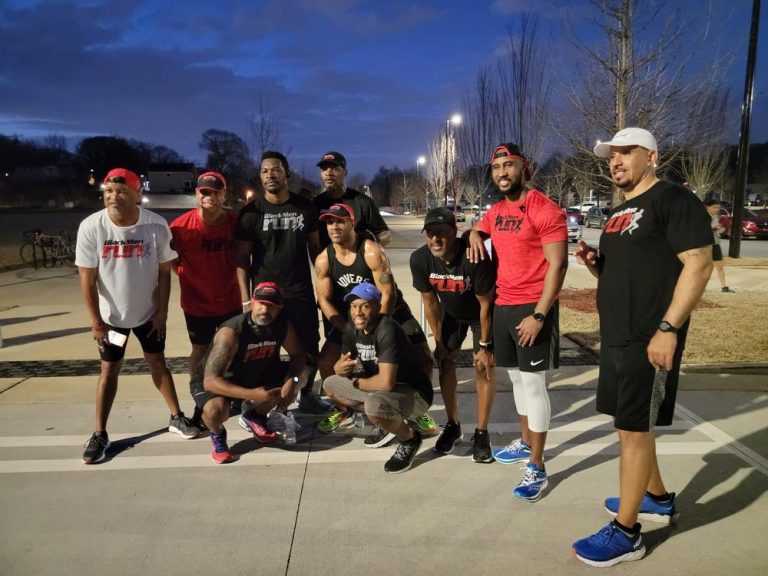Should You Eat During Marathon
Yes, it’s recommended to eat during a marathon for sustained energy and performance. Proper nutrition is key to endurance.
Eating during a marathon can help sustain energy levels and prevent fatigue, especially for longer races. It’s important to consume easily digestible carbohydrates and drink fluids to stay hydrated. Be mindful of what you eat to avoid stomach discomfort during the race.
Proper nutrition during a marathon can make a significant difference in performance and overall experience. Remember to practice your nutrition plan during training to find what works best for you on race day. By fueling your body properly, you can optimize your performance and enjoy a successful marathon experience.
The Importance Of Fueling During A Marathon
In a marathon, properly fueling your body is critical to your performance and overall well-being. The importance of fueling during a marathon cannot be overstated, as it directly impacts your energy levels and muscle function. To successfully complete a marathon, you need to understand the significance of fueling to maintain your stamina and ensure muscle integrity.
Maintaining Energy Levels
During a marathon, maintaining consistent energy levels is crucial for sustaining your performance. Your body needs a steady supply of carbohydrates to fuel your muscles and provide the necessary energy for endurance. By consuming easily digestible carbohydrates, such as energy gels, chews, or sports drinks, you can replenish glycogen stores and sustain your energy levels throughout the race. Failing to adequately fuel during a marathon can lead to fatigue and hinder your ability to complete the distance.
Preventing Muscle Breakdown
Proper fueling during a marathon is essential for preventing muscle breakdown and sustaining your strength and power. When running long distances, your muscles undergo significant stress, leading to the depletion of glycogen stores and potential protein breakdown. Consuming protein-rich snacks or drinks during the race can help minimize muscle damage and support your body’s recovery processes. Additionally, incorporating electrolytes in your fueling strategy can aid in maintaining muscle function and preventing cramping, ensuring you can sustain your pace and finish strong.
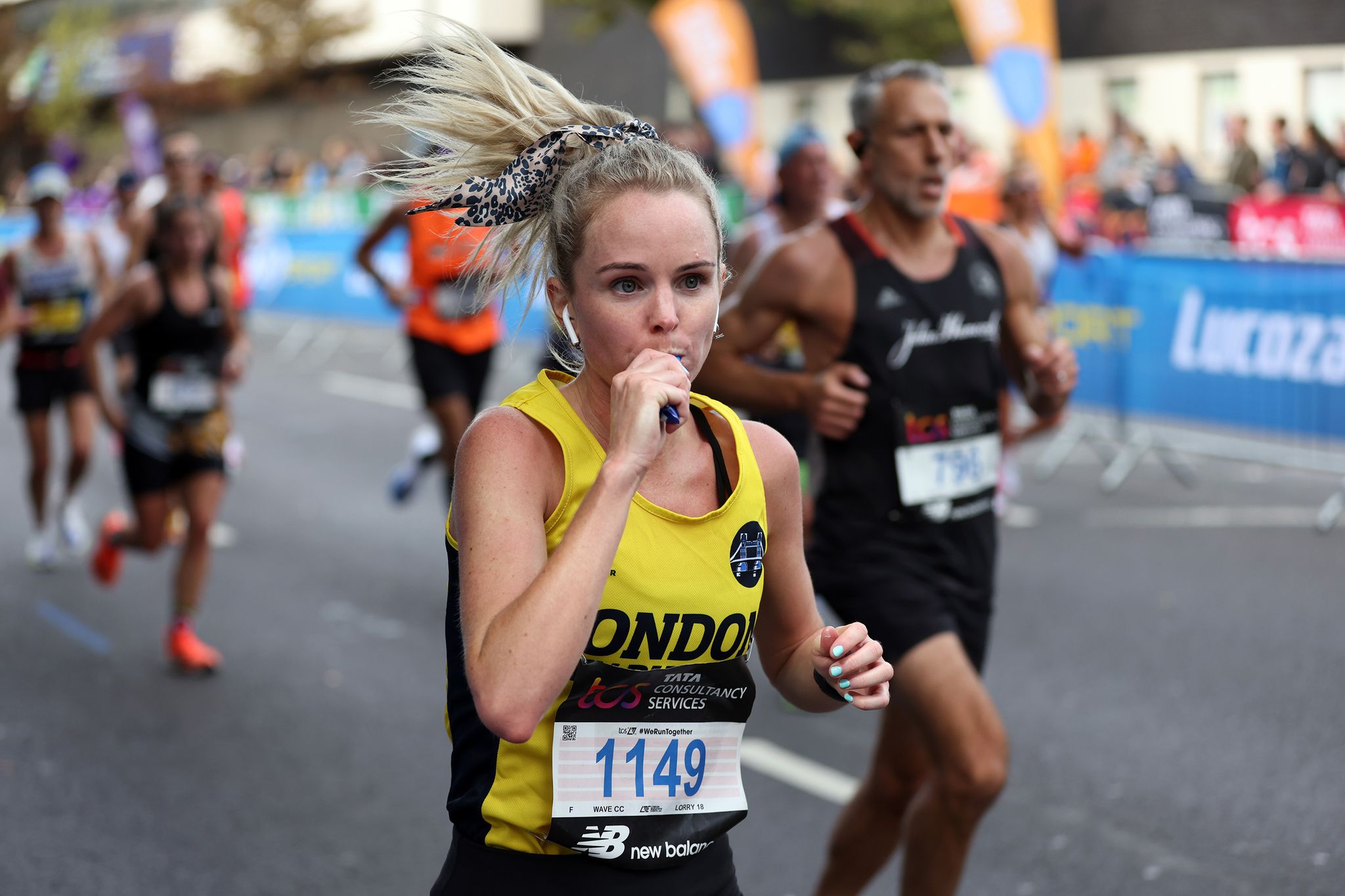
Credit: www.runnersworld.com
What To Eat During A Marathon
Carbohydrates For Sustained Energy
Amp up on simple carbs for quick energy boosts during the marathon.
Electrolytes For Hydration
Maintain proper hydration levels by consuming electrolyte-rich foods or drinks.
Protein For Muscle Repair
Support muscle recovery with protein-rich snacks or shakes post-marathon.
Timing Of Nutrition During A Marathon
Eating properly during a marathon is crucial for maintaining energy levels and performance. Timing of nutrition plays a key role in how well you fuel your body for the endurance event.
Pre-race Meal
Having a balanced meal 2-4 hours before the marathon helps top up glycogen stores for sustained energy.
Fueling Strategy During The Race
- Aim to consume carbohydrates and fluids every 30-45 minutes to avoid hitting the wall.
- Energy gels or chews are convenient options for quick fuel during the run.
Post-race Recovery
- Replenish fluids and electrolytes lost during the race with water and sports drinks.
- Include protein and carbs in your post-race meal within 30 minutes for muscle recovery.
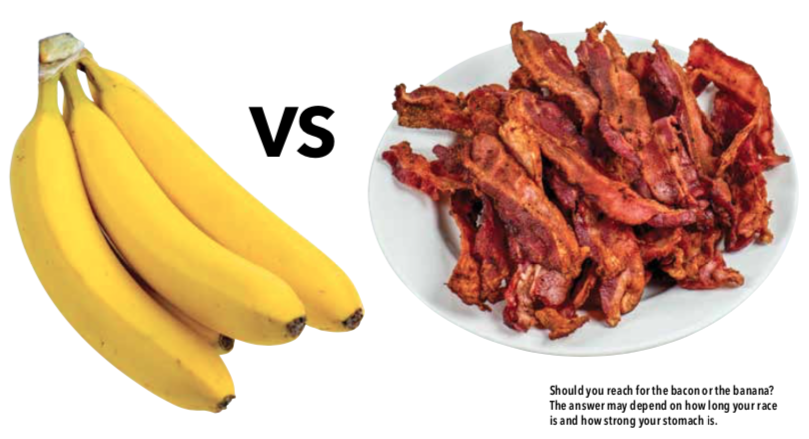
Credit: vtsports.com
Benefits Of Eating During A Marathon
Eating during a marathon can significantly impact your performance and overall experience. Consuming the right fuel at the right time can help you sustain energy levels, avoid hitting the dreaded wall, and optimize your body’s ability to perform at its best. Let’s delve into the specific benefits of eating during a marathon.
Improved Performance
Adequate nutrition during a marathon can lead to improved performance. Consuming carbohydrates and electrolytes while running can help maintain blood sugar levels, keep muscles fueled, and delay fatigue. By providing your body with the essential fuel it needs, you can keep your pace steady and maintain endurance throughout the race.
Reduced Risk Of Hitting The Wall
Eating during a marathon reduces the risk of hitting the wall, a point at which the body’s glycogen stores become depleted, resulting in sudden fatigue and a significant drop in performance. Eating regular, small portions of easily digestible foods such as energy gels, sports drinks, or fruit can help prevent this phenomenon, allowing you to maintain a consistent pace and finish the race strong.
Potential Risks And Considerations
When participating in a marathon, consuming the right nutrition is essential to maintain your body’s energy levels. However, there are potential risks and considerations you should be aware of when it comes to eating during a marathon. By understanding these factors, you can make informed decisions to optimize your performance and prevent any negative effects on your digestive system.
Digestive Issues
Eating during a marathon can potentially lead to digestive issues that could adversely affect your performance. Your body is working hard to run the distance, and digestion requires energy and resources that could be better used elsewhere. Consuming large or heavy meals close to the event can cause discomfort, bloating, and even cramps.
Additionally, certain foods, such as those high in fat or fiber, may take longer to digest and can increase the likelihood of gastrointestinal distress during the race. It’s important to listen to your body and understand how certain foods impact your digestive system to avoid any unwanted complications.
Finding The Right Balance
While there are risks involved, it is still crucial to provide your body with the necessary fuel to sustain your marathon performance. Finding the right balance of nutrition is key to avoiding digestive issues while ensuring optimal energy levels.
One strategy is to consume small, easily digestible meals or snacks before and during the race. Foods rich in carbohydrates, such as bananas, energy gels, or sports drinks, can provide quick energy without overwhelming your digestive system. It’s essential to experiment with different foods and meal timings during your training to determine what works best for your body.
Moreover, staying hydrated is paramount during a marathon. Dehydration can exacerbate digestive problems and impact your overall performance. Be sure to drink water or sports drinks regularly throughout the race.
Considerations
Consider the following factors when deciding on your marathon eating strategy:
- The duration of your race: Longer races may require more fuel, while shorter ones may not necessitate eating during the event.
- Your personal tolerance to different foods: It’s essential to stick to foods that you know your body can handle without causing discomfort or distress.
- The weather conditions: High temperatures and humidity can increase the risk of dehydration, making hydration and electrolyte intake even more important.
By carefully considering these factors and gaining insights from your training sessions, you can develop a nutrition plan that minimizes the risks of digestive issues and optimizes your performance during the marathon.
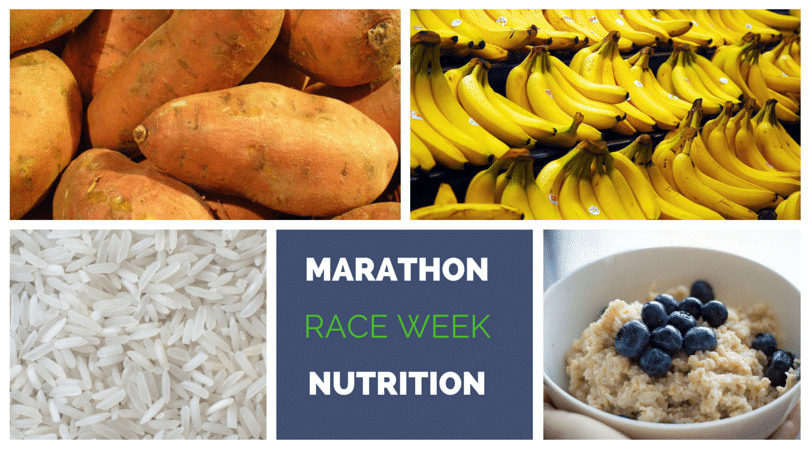
Credit: runnersconnect.net
Frequently Asked Questions For Should You Eat During Marathon
Can You Do A Marathon Without Eating?
No, it is not recommended to do a marathon without eating. Proper nutrition and fuel are essential to help maintain energy levels and support physical performance during endurance activities like marathons. Eating before and during the race can help prevent fatigue and promote recovery.
When Should I Eat During Marathon Training?
During marathon training, eat a balanced meal 2-3 hours before. Have a light snack 30 minutes before. During long runs, consume carbs and electrolytes every 45-60 minutes. Listen to your body and adjust timing based on personal needs. Post workout, refuel with a mix of carbs and protein.
How Do You Carry Food During A Marathon?
Carry energy gels, chews, or bars in a lightweight waist belt or pouch for easy access during a marathon.
Conclusion
Eating during a marathon can be beneficial, but it’s essential to find what works for you. Experiment with different foods in training to discover what provides the right energy and sustenance without causing discomfort. Overall, understanding your body and its needs is key in determining whether eating during a marathon is right for you.

